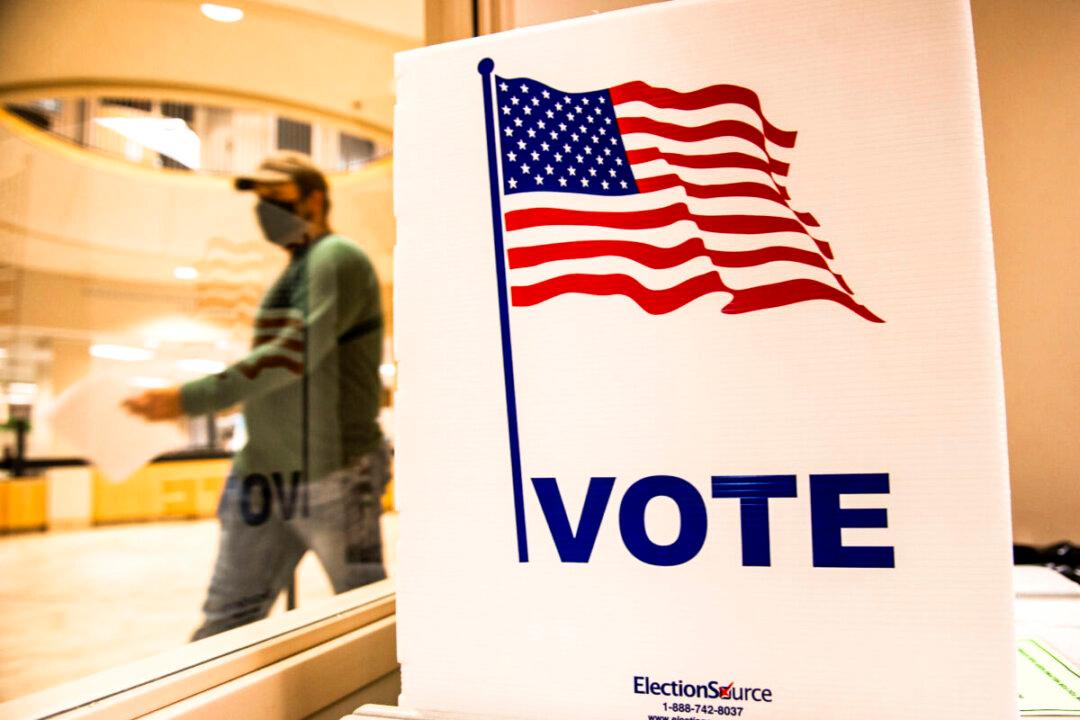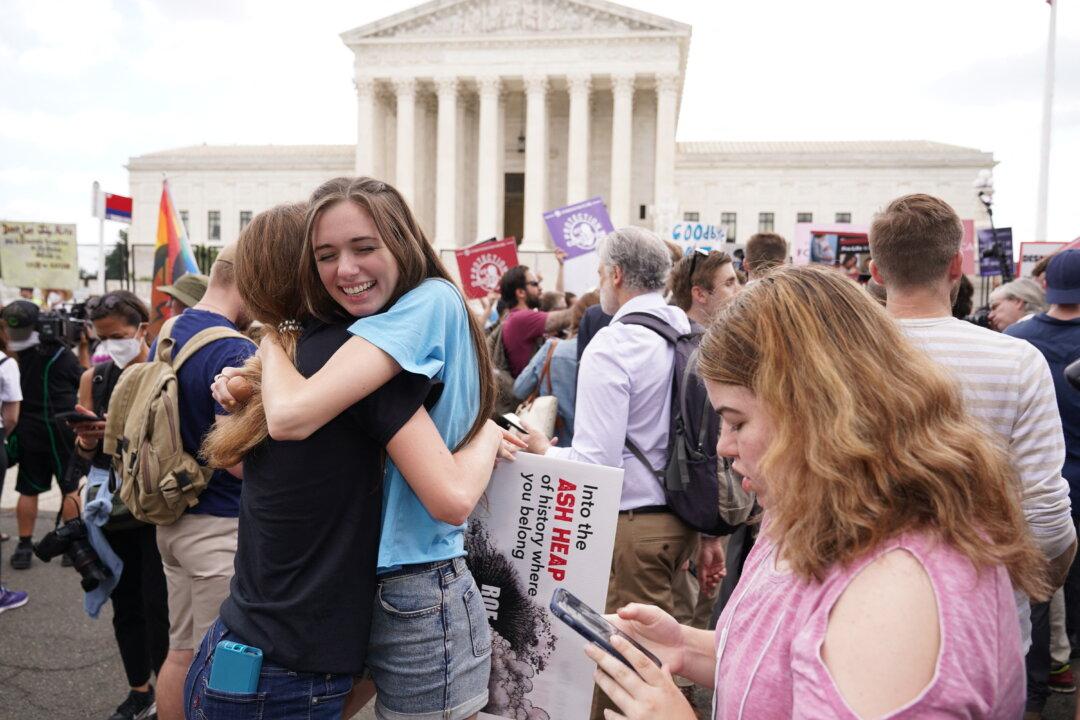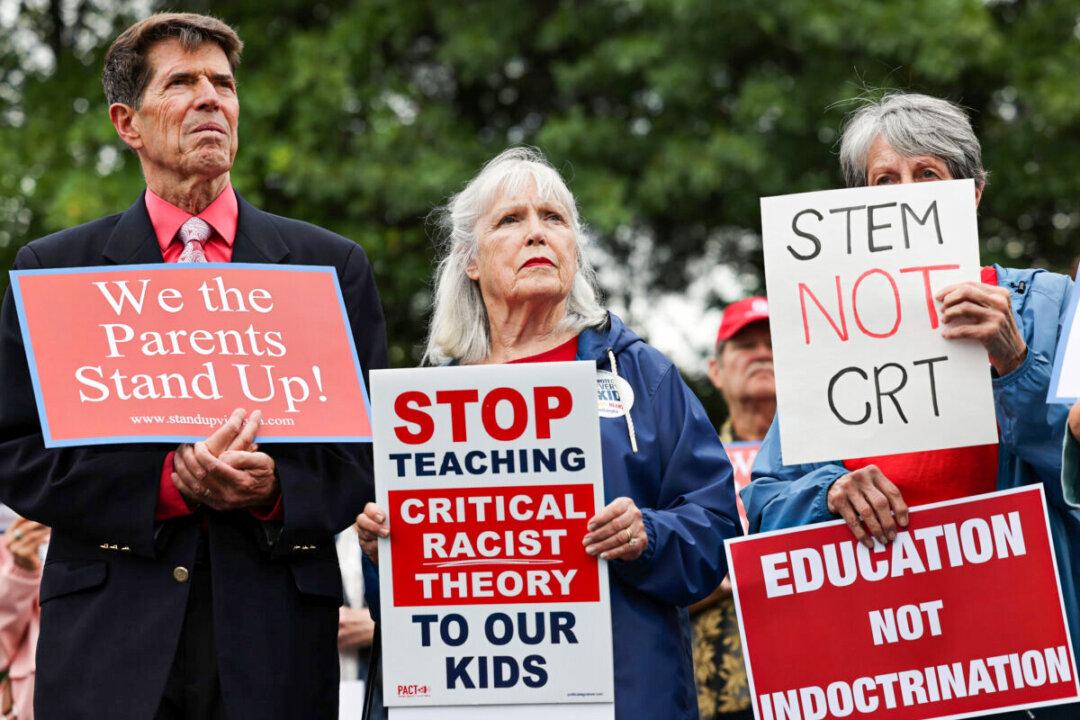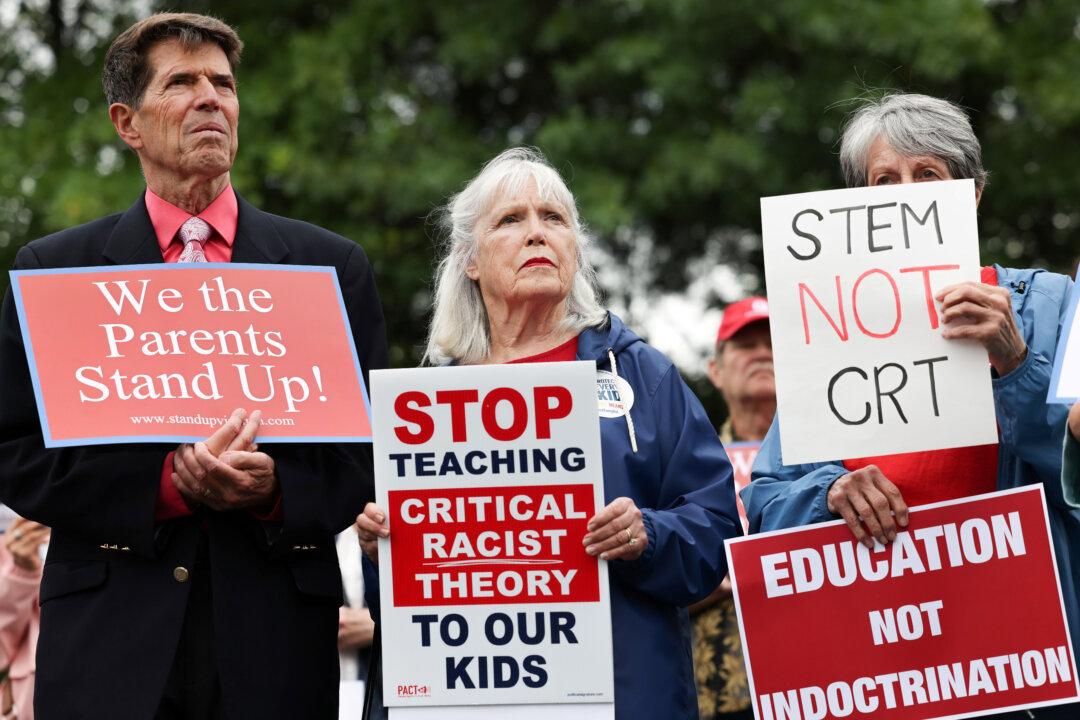Commentary
If Tennessee and all Americans aren’t prudent, they’ll cast only a cursory glance at the recent and controversial conviction of Black Lives Matter (BLM) Memphis Chapter founder Pamela Moses for illegally registering to vote as a convicted felon, taking no more stock of it than a splashy headline on par with the resignation of BLM founder Patrisse Cullors after the discovery of her “Black Lives Manors.”





